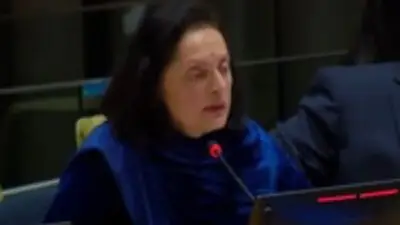Recommended Stories
A bench of Chief Justice Dipak Misra and Justice Sanjiv Khanna sought the response by August 10, issuing notices to the Centre, the Central Bureau of Investigation and the National Investigation Agency. The notices were issued on a petition filed by advocate Sitab Ali Chaudhary.
The court also issued notice to the Centre through the Cabinet Secretary and the Ministry of Personnel on a similar petition filed by advocate Ajay Agarwal alleging that the Centre had brought the notification exempting CBI from the purview of the RTI Act to prevent him from seeking documents pertaining to the Bofors gun deal.
The bench sought a detailed affidavit on both the petitions challenging the Centre`s June 9 notification exempting the CBI and other agencies from the ambit of the RTI Act and fixed the matter for final hearing on August 10.
Advocate Chaudhary had contended that "the Cabinet decision on June 9, 2011 to exempt the CBI, the NIA and the National Intelligence Grid (NATGRID) from the purview of RTI Act i.e. giving information on demand under the 2005 Act, is unconstitutional."
Terming the decision as "illegal, arbitrary, malafide, unlawful and uncalled for," Chaudhary said it will hinder the country`s progress in an era of transparency.
Advocate Agarwal, who has been pursuing Bofors payoff case for years, in his petition sought quashing of the June 9 notification, contending that "by issuing the notification and placing CBI in the second Schedule, the government appears to be claiming absolute secrecy for CBI without the sanction of the law."
"No reasons had been provided by the Department of Personnel and Training as required under section 4(1)(d) of the RTI Act to justify the inclusion of CBI in the II Schedule. In absence of any reason, inclusion of CBI along with NIA and NATGRID in the schedule II appears to be an arbitrary act," Agarwal said.












